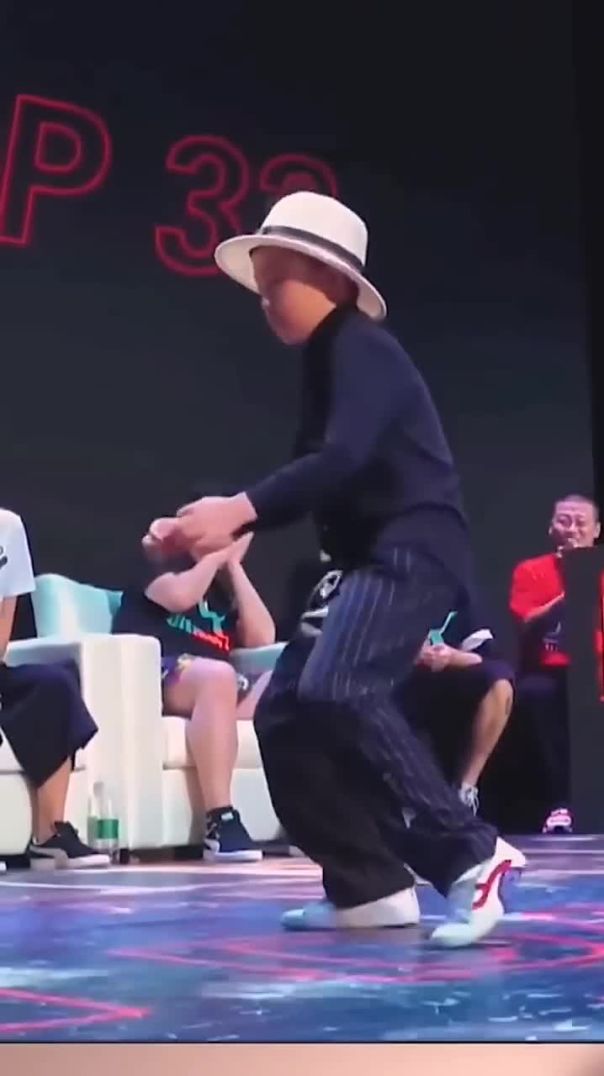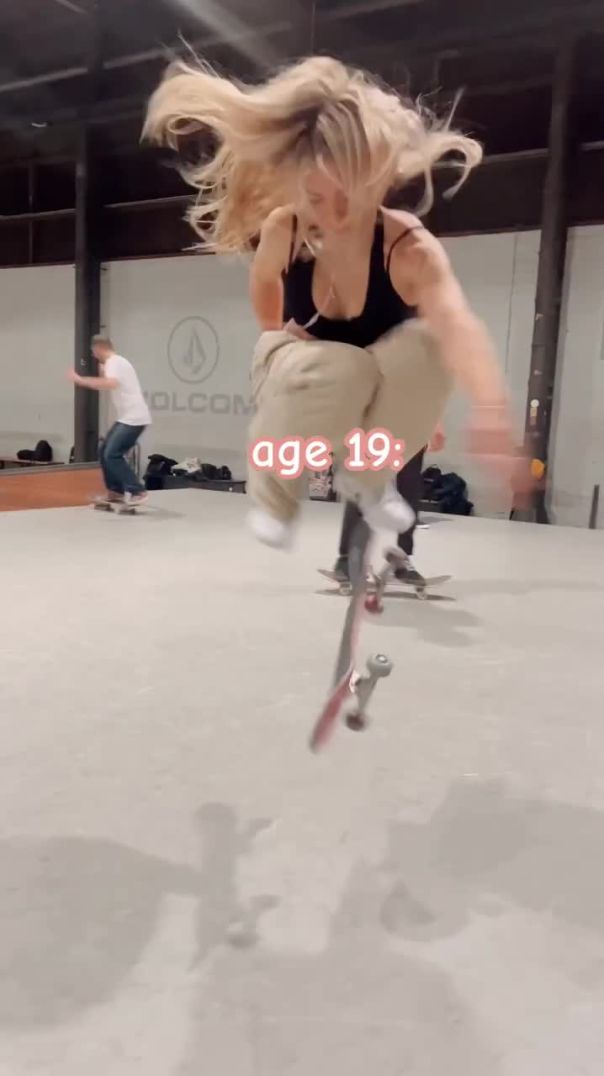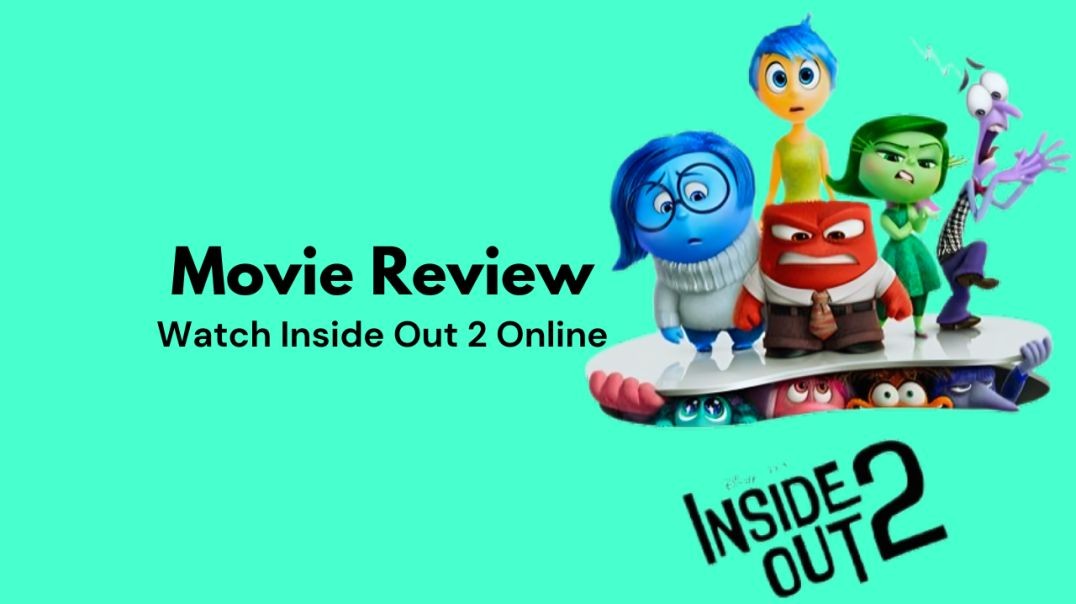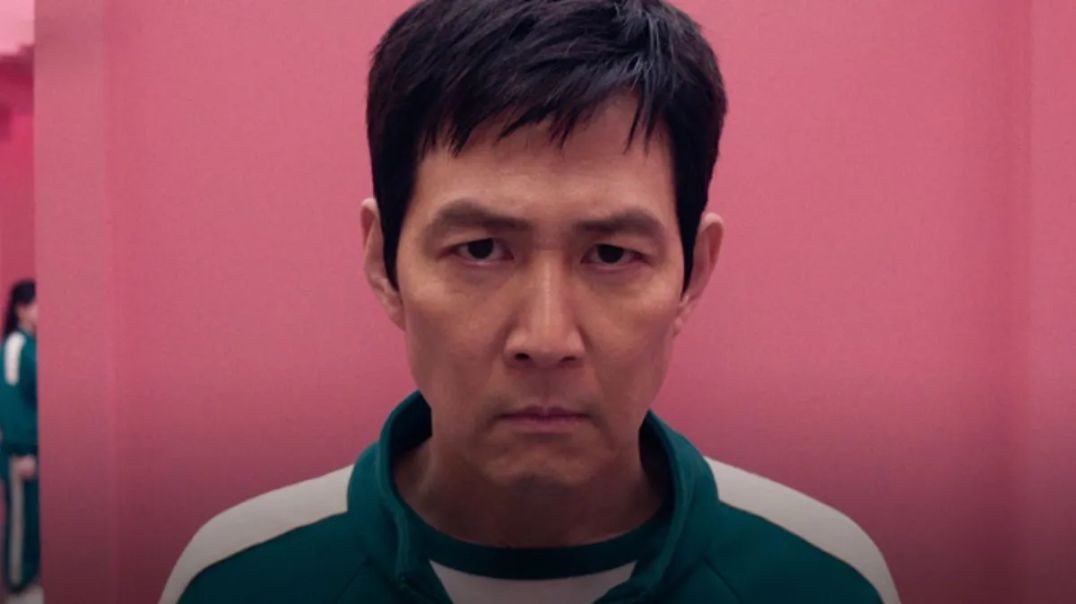2 Views· 29 August 2022
Portal 1 & 2 PC Game Review
Join the Sonny Jim Army on Discord: https://discord.gg/w2JhHv6
Support me on Patreon: http://tinyurl.com/zd48qvf
Follow me on Twitter: https://twitter.com/Ggdograa
Join the Gggmanlives Steam Group: http://steamcommunity.com/groups/gggmanlives
Reddit Fanpage: http://www.reddit.com/r/Gggmanlives/
Portal is a series of first-person puzzle-platform video games developed by Valve Corporation. Set in the Half-Life universe, the two main games in the series, Portal (2007) and Portal 2 (2011), center on a woman, Chell, forced to undergo a series of tests within the Aperture Science Enrichment Center by a malicious artificial intelligence computer, GLaDOS, that controls the facility. Each test involves using the "Aperture Science Handheld Portal Device" - the "portal gun" - that creates a human-sized wormhole-like connection between nearly any two flat surfaces. The player-character or objects in the game world may move through portals, their momentum conserved. This allows complex "flinging" maneuvers to be used to cross wide gaps or perform other feats to reach the exit for each test chamber. A number of other mechanics, such as lasers, light bridges, tractor funnels, and turrets, exist to aid or hinder the player's goal to reach the exit.
The Portal games are noted for bringing students and their projects from the DigiPen Institute of Technology into Valve and extending their ideas into the full games. The portal concept was introduced by the game Narbacular Drop and led to the basis for the first game. Another game, Tag: The Power of Paint, formed the basis of surface-altering "gels" introduced in Portal 2.
Both games have received near-universal praise, and have sold millions of copies. The first game was released as part of a three-game compilation, The Orange Box, and though intended as a short bonus feature of the compilation, was instead considered the highlight of the three. Its success led to the creation of the much longer Portal 2, which included both single player and cooperative player modes; it too received mostly positive critical reviews. In addition to the challenging puzzle elements, both games are praised for its dark humor, written by Erik Wolpaw, Chet Faliszek, and Jay Pinkerton, voice work by actors Ellen McLain, Stephen Merchant, and J.K. Simmons, and musical songs by Jonathan Coulton. A number of spin-off media have been developed alongside the games, and several of the game elements have become parts of Internet memes.




























0 Comments